【Organizational Development + Meeting Dynamics】The Sichuan Bioinformatics Society's Smart Vascular Access Branch Successfully Held Its Inaugural Meeting and First Academic Conference!
With the rapid development and widespread application of bioinformatics, its role in the research and treatment of vascular access is becoming increasingly important. In order to better promote the integration and innovation of the vascular access field with bioinformatics in Sichuan Province, strengthen academic exchanges and cooperation, and enhance the level of diagnosis and treatment and scientific research capabilities in the field of vascular access, the Sichuan Bioinformatics Society has decided to establish the Smart Vascular Access Branch and hold its inaugural meeting and the first academic conference.
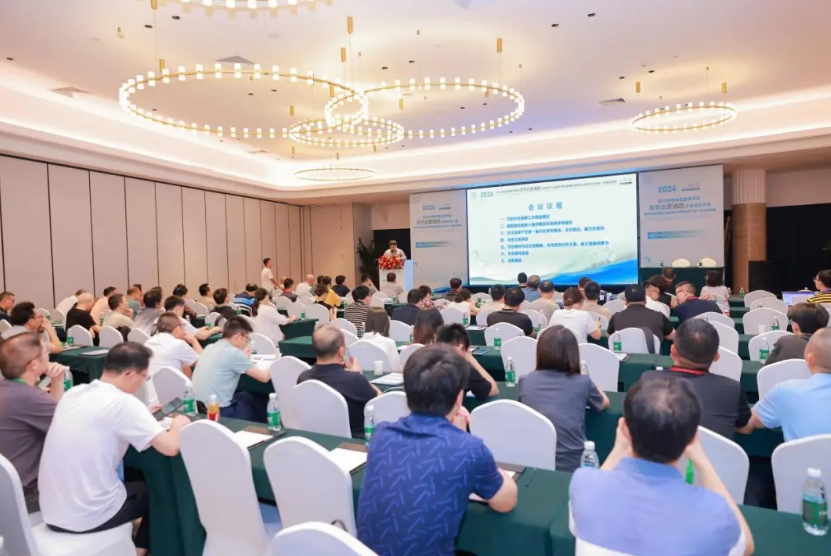
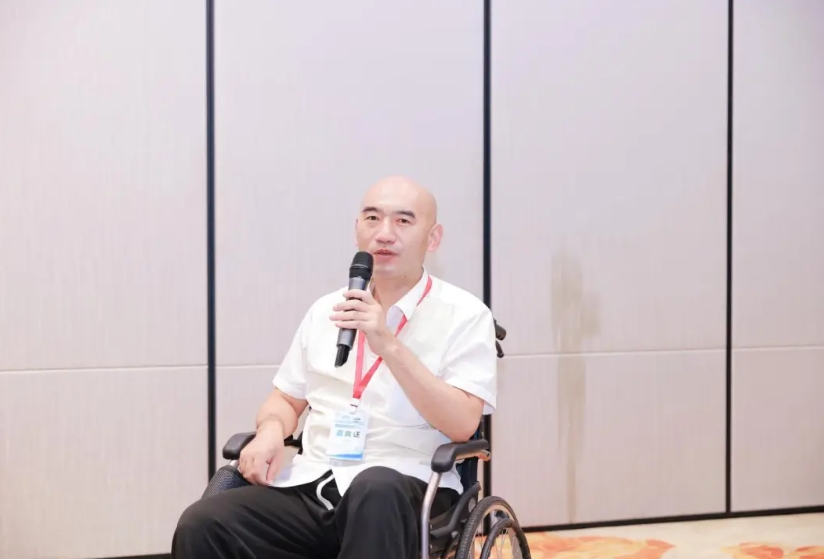
This conference attracted enthusiastic participation from distinguished experts and scholars from various fields both inside and outside the province. Professors Cui Tianlei, Zhang Ling, Yu Shaobin, Cao Zhengjiang from West China Hospital of Sichuan University, Professor Xie Linshen, Li Jiayuan, Li Zhong from West China Fourth Hospital of Sichuan University, Professor Hu Bo from the First Affiliated Hospital of Jinan University, Professor Zhang Heping from the Affiliated Hospital of North Sichuan Medical College, Professor Li Qiu from West China Airport Hospital of Sichuan University, Professor Duan Zhiqiang from the Air Force Hospital of the Western Theater Command, Professor Wang Fengping from the Second People's Hospital of Chengdu, Professor Jin Lizhu from the Third People's Hospital of Chengdu, Professor Liao Dan from the Central Hospital of Mianyang, Professor Wang Cong from Yibin City Traditional Chinese Medicine Hospital, Professor Zhang Yaolin from the Central Hospital of Ziyang, Professor Wan Lin from the First People's Hospital of Zigong, Professor Xu Wenxiang from the Second Affiliated Hospital of Guizhou University of Chinese Medicine, Professor Liu Yu from the Second People's Hospital of Neijiang, Professor Zhang Fan from the Affiliated Hospital of Southwest Medical University, Professor Song Bin from the People's Hospital of Deyang, Professor Leng Yanfei from the First People's Hospital of Liangshan Yi Autonomous Prefecture, Professor Liu Linfeng from Dujiangyan People's Hospital, Professor Liu Jianqiang from Yulin City Traditional Chinese Medicine Hospital, Professor Tang Yueqiu from 363 Hospital, and Deputy Secretary-General Zhou Jueqiao of the Sichuan Bioinformatics Society, along with more than 100 experts and scholars from related fields across the country attended the conference. On the morning of July 12th, the inaugural meeting was held, and the first members of the branch were democratically elected through a standardized election process.
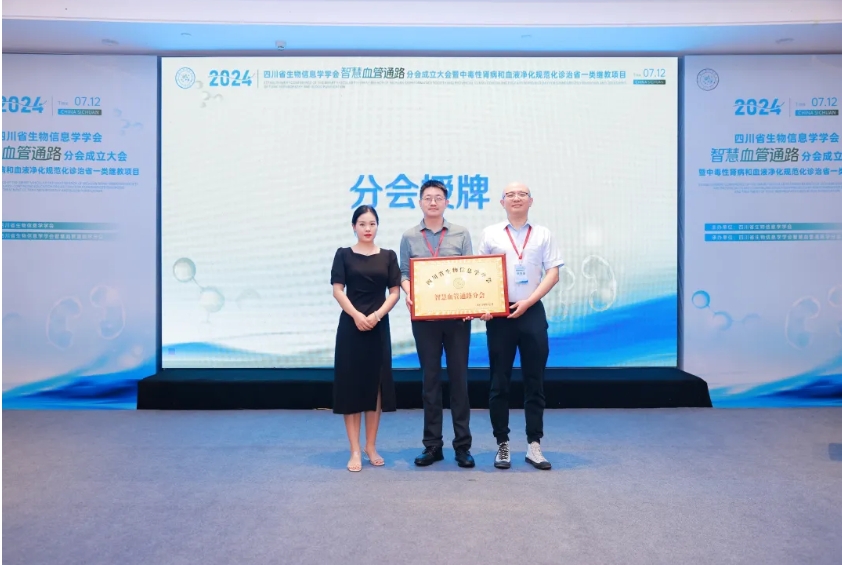
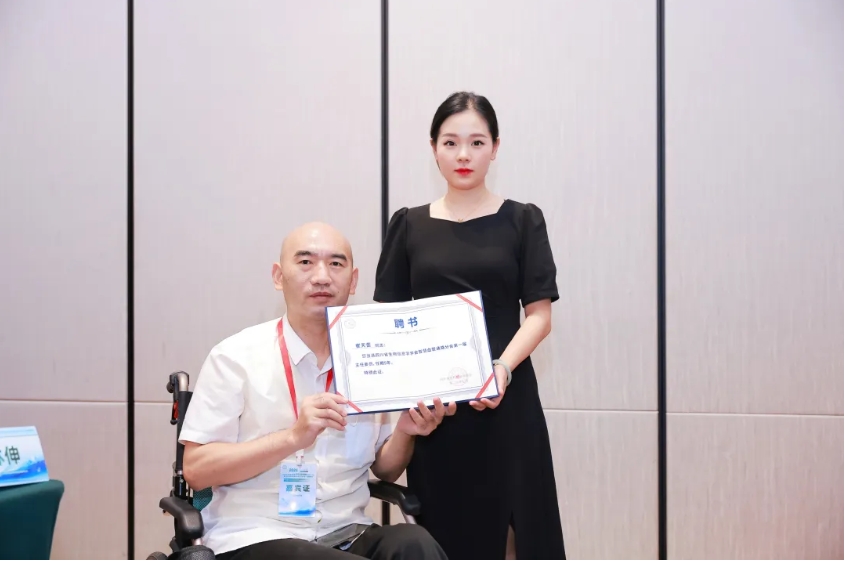
Comrade Cui Tianlei from West China Hospital of Sichuan University was elected as the Chief Director; Comrades Liao Dan, Cao Zhengjiang, Wang Fengping, Li Zhong, Li Qiu, Duan Zhiqiang, Zhang Yaolin, and Wan Lin were elected as Deputy Chief Directors; Comrade Zhang Heping and 28 others were elected as Executive Committee Members.
Professor Cui Tianlei introduced the preparation of the branch, and as the Chief Director, she stated: With the rapid development of medical technology, smart medical care has become an important trend in the global medical and health field. Vascular access, as a key link in the treatment of various diseases, directly affects the therapeutic effect and quality of life of patients. Therefore, the establishment of the Smart Vascular Access Branch can not only keep up with the forefront of international technology, promote academic exchanges and cooperation, but also provide a scientific basis for clinical practice, accelerate the transformation of scientific research results into clinical applications, and ultimately benefit a wide range of patients.
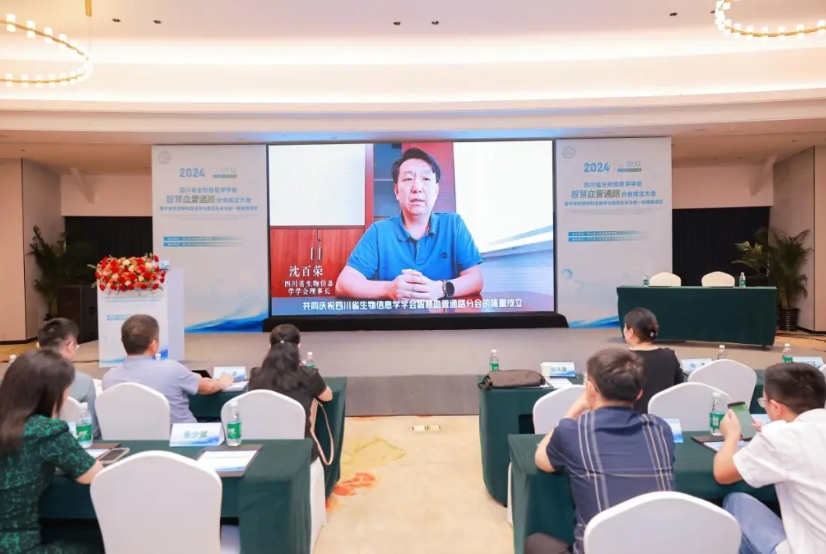
Deputy Secretary-General Zhou Jueqiao awarded the branch with a plaque and issued appointment letters to the Chief Director and Deputy Chief Directors. After the plaque awarding and appointment letter issuing ceremony, Shen Bairong, the Chairman of the Sichuan Bioinformatics Society, delivered a speech. President Shen put forward several expectations and requirements for the future Smart Vascular Access Branch: Firstly, to closely focus on the frontiers of the discipline and clinical needs, actively carry out academic exchanges and cooperation, and promote the transformation and application of scientific research results; Secondly, to value talent training and team building, to create a high-quality, professional vascular access medical team; Thirdly, to strengthen industry self-discipline and quality control to ensure the safety and effectiveness of medical services; Fourthly, to actively fulfill social responsibilities, widely carry out popular science propaganda and health education activities, and improve the public's awareness and prevention of vascular access-related diseases.
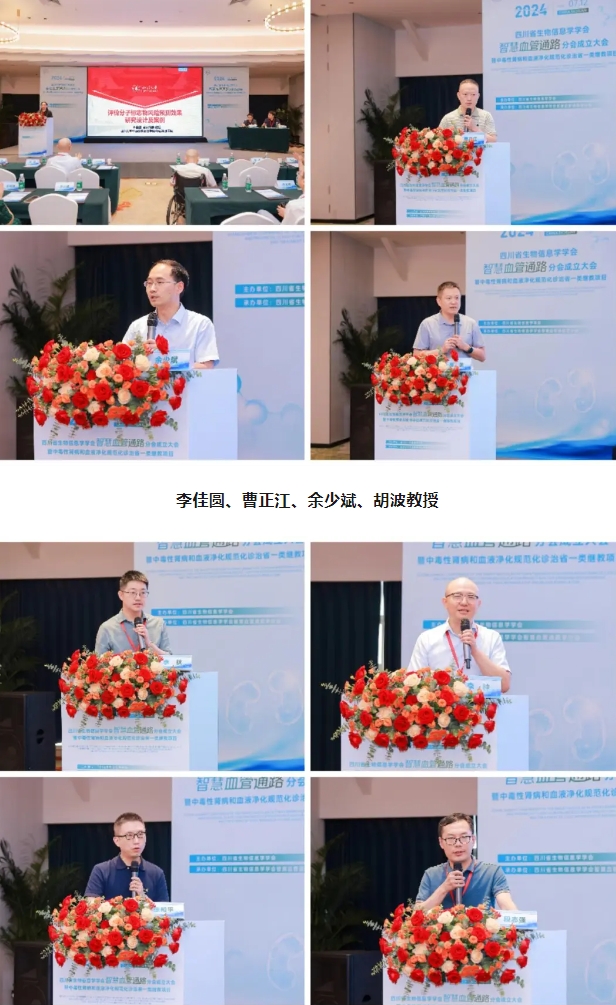
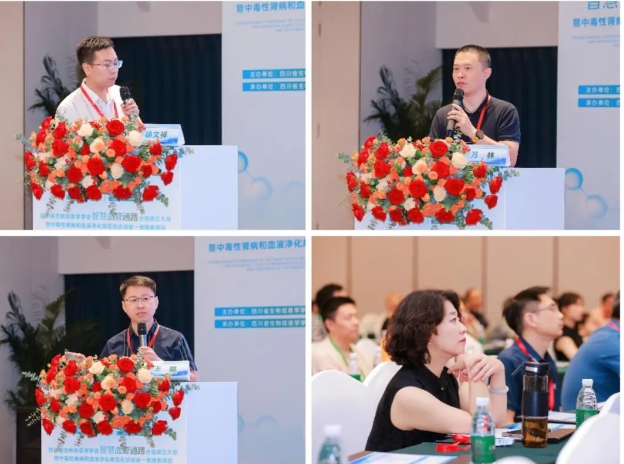
The inaugural meeting concluded successfully. Subsequently, the first academic conference of the Smart Vascular Access Branch of the Sichuan Bioinformatics Society was held. Professors Hu Bo, Li Jiayuan, Yu Shaobin, Cao Zhengjiang, Duan Zhiqiang, Li Qiu, Li Zhong, Zhang Heping, Wan Lin, Wang Cong, and Xu Wenxiang gave academic reports on topics such as "The Application of Stents in Internal Fistulas," "Research Design and Case Analysis of Predictive Effects of Clinical Molecular Markers for Risks," "Management Strategies for Hemodialysis Access," "Treatment Strategies for Arterial and Venous Fistula Occlusion," "Maintenance Strategies for Autologous Arterial and Venous Fistulas with Venous Reflux," "Complications and Treatment of Dialysis Catheters," "Standardized Diagnosis and Treatment of Toxic Nephropathy and Hemopurification," "Abnormalities of Lipids in Uremia and Arterial and Venous Fistulas," "PTA Treatment for Arterial Lesions of Arterial and Venous Fistulas," "Experience with Cutting Balloons in the Application of Intractable Narrow Lesions in Fistulas," and "Superior Vena Cava Occlusion Complicated with Chylous Pleural Effusion - Case Sharing."
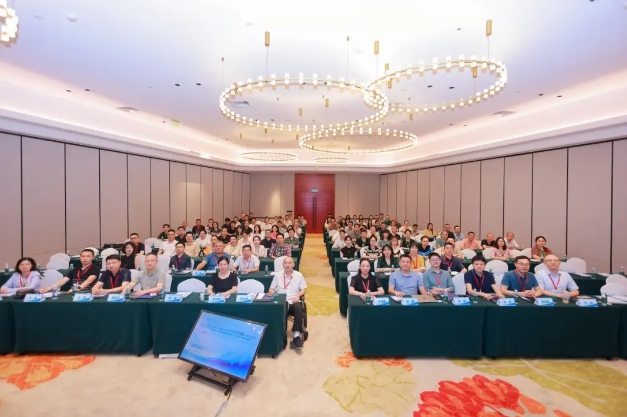
Looking forward, the Smart Vascular Access Branch will adhere to the purpose of "innovation, collaboration, sharing, and development," focus on the core issues of vascular access management, continuously expand the field of research, deepen cooperation and exchange, and strive to become an important force in promoting technological progress and industrial upgrading in this field!

